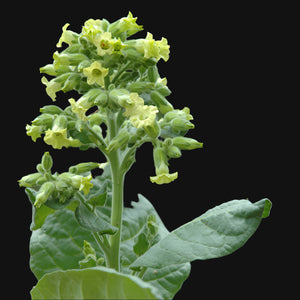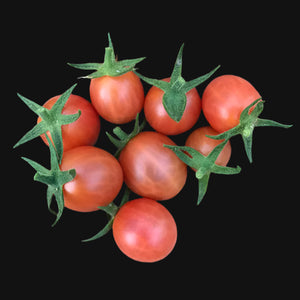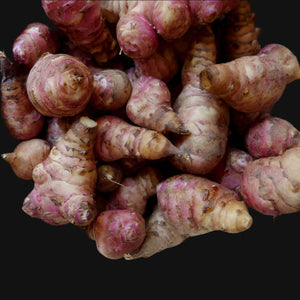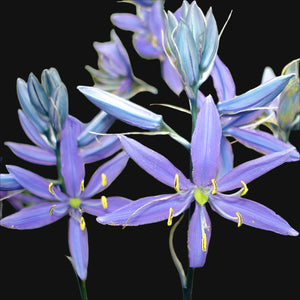A tall, fragrant flower that fills the evening air with its sweet scent. Its clusters of soft pink to deep purple blooms stand on upright stems, making it a beautiful addition to cottage gardens, wildflower meadows, and cutting gardens.
This hardy and prolific plant self-seeds readily, ensuring its return year after year. Beloved by pollinators and hummingbirds, Dame’s Rocket adds charm and movement to any garden setting, thriving in low-maintenance landscapes.
Where Can You Grow Dame’s Rocket?
Dame’s Rocket thrives in Zones 3-9, preferring full sun to partial shade and moist, well-drained soil. It grows well in meadows, pollinator gardens, borders, and wild spaces, where it naturalises easily.
History and Historical Uses
Native to Europe and Asia, Dame’s Rocket has been grown in gardens since the 16th century, valued for its fragrance and ease of growth. Traditionally cultivated as an ornamental plant, it has naturalised in many regions, creating stunning displays in woodland edges and meadows.
Canadian Zone Information
Zones 8-9: Direct sow in autumn or early spring for early blooms.
Zones 5-7: Start seeds indoors in late winter or direct sow in spring after the last frost.
Zones 3-4: Direct sow in spring or mulch heavily over winter to protect young plants.

How to Grow and Harvest Dame’s Rocket
- Planting: Sow seeds 3mm (1/8in) deep, spacing plants 30-45cm (12-18in) apart.
- Watering: Keep soil lightly moist until seedlings establish; once mature, Dame’s Rocket is drought-tolerant.
- Flowering: Blooms appear in early summer and continue into autumn.
- Maintenance: Allow some plants to self-seed naturally for long-term growth.
Seed Saving Tips for Future Supply
- Allow to Flower and Seed: Leave some plants to fully mature and form seed heads.
- Harvest Seeds: Once seed pods dry and turn brown, collect them before they split open.
- Dry and Clean: Separate seeds from husks and spread them on a towel to fully dry.
- Store: Keep seeds in an airtight container in a cool, dark place. Properly stored seeds remain viable for up to 3 years.
Certified Organic By
Islands Organics Producers Association (Cert#1962)









